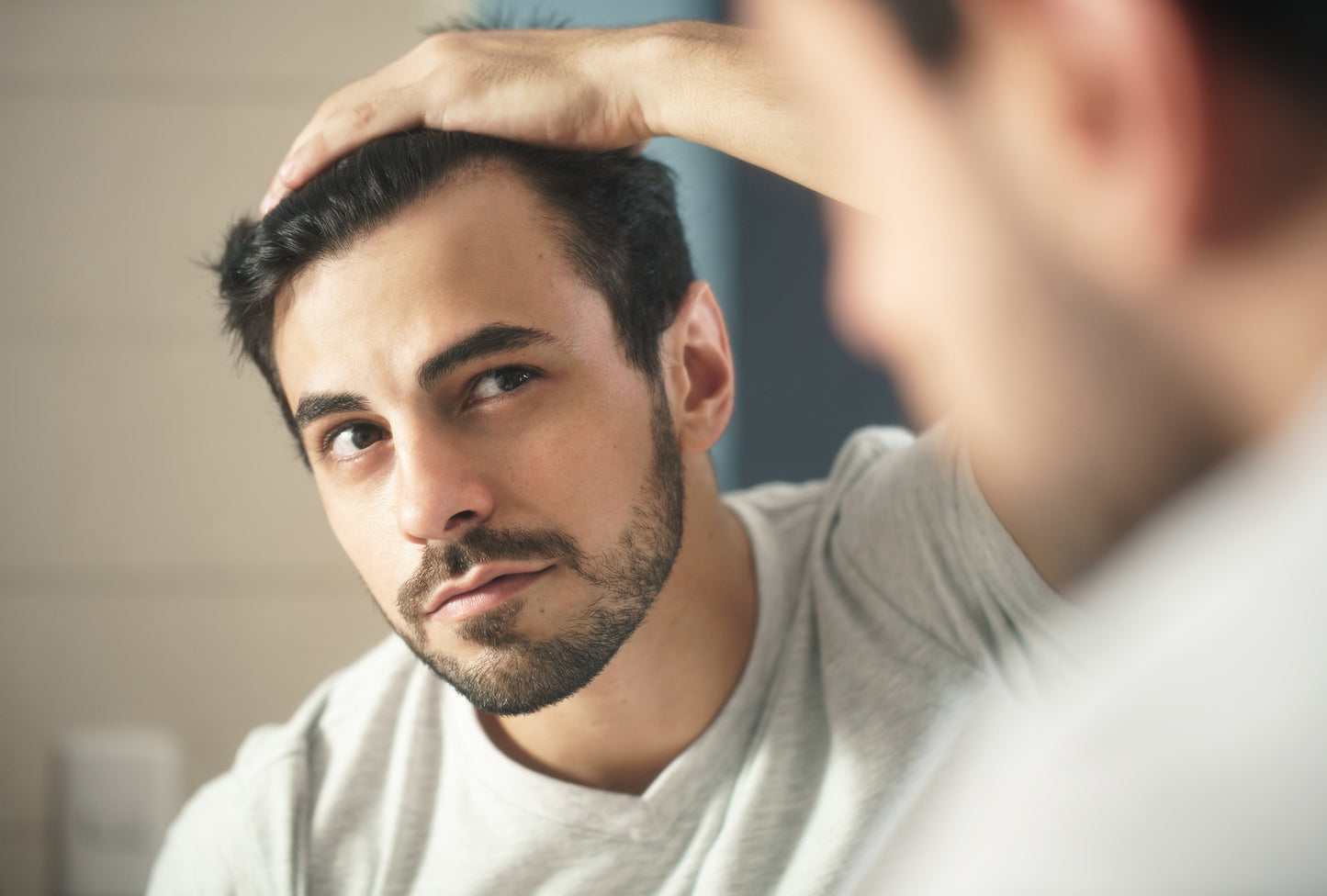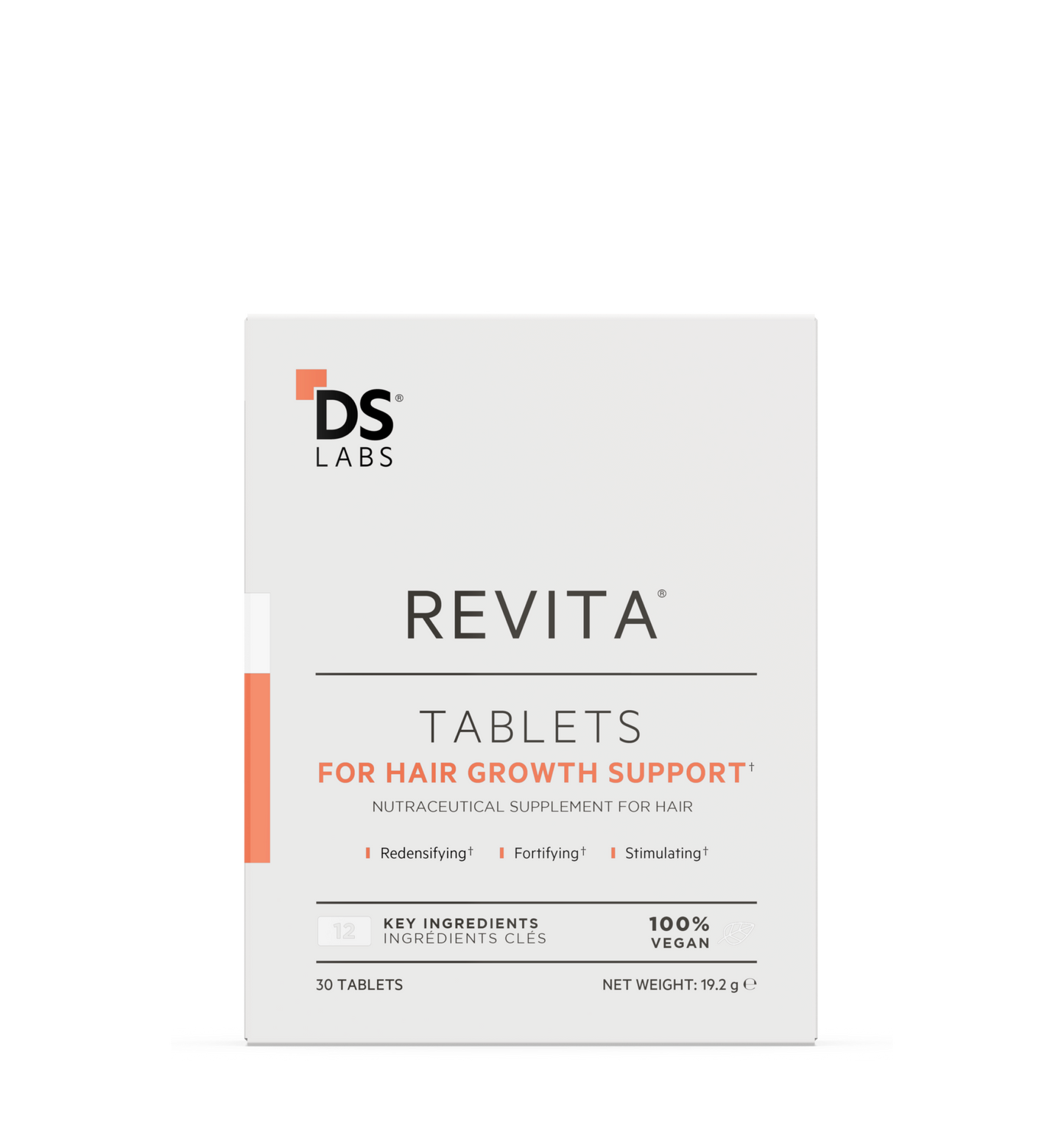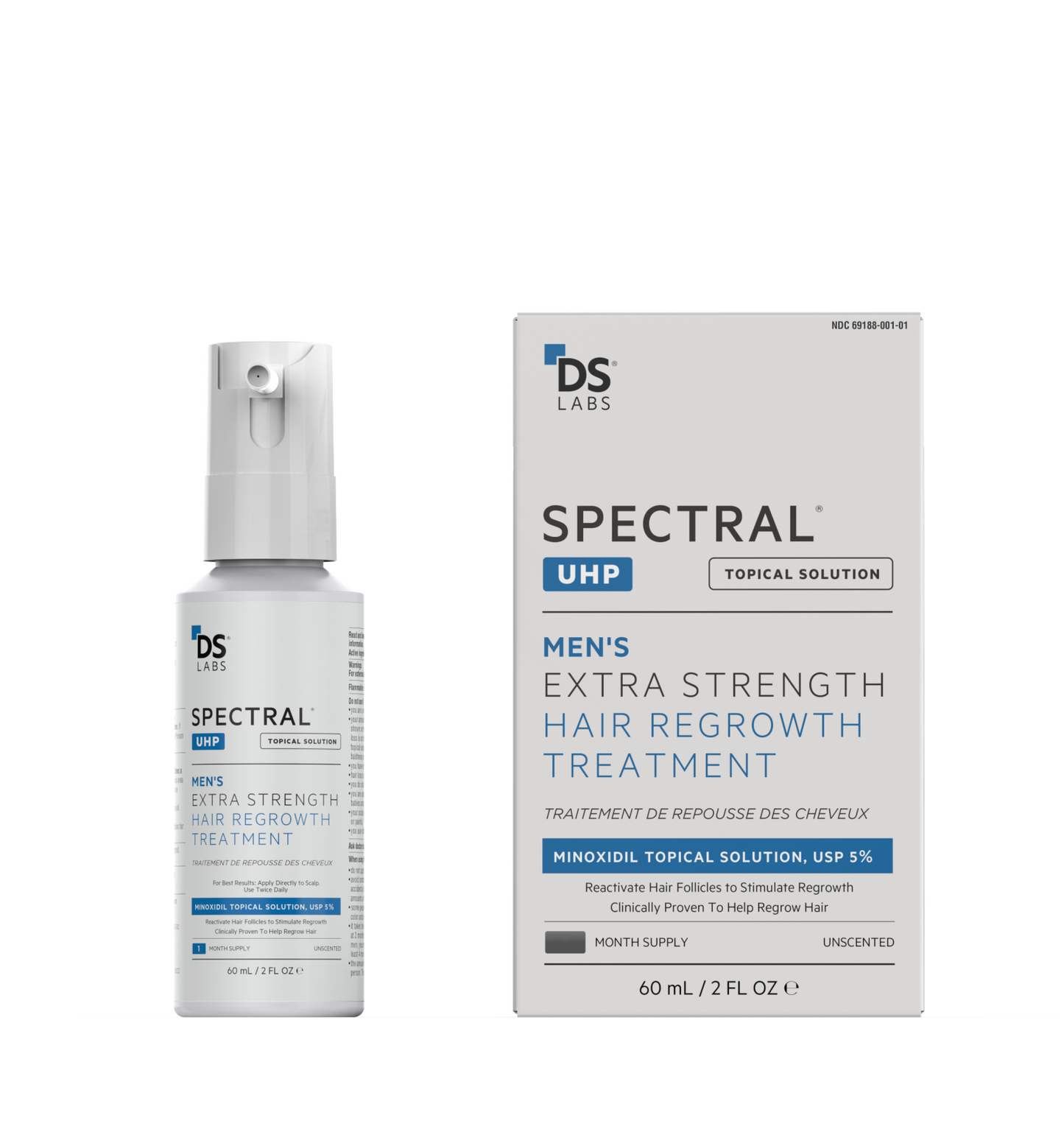There’s a good chance that your trichologist recommended minoxidil — a topical medication — to combat hair loss. It’s effective, and only a few weeks down the line, you’ll start noticing your hair becoming thicker and stronger.
What joy!
Once you’ve achieved the hair of your dreams, you may be tempted to stop using the treatment. Resist that temptation, because —
Minoxidil Only Works While You Actively Use It
Minoxidil is effective only while you’re using it, which means that you’ll need to keep applying it to the problematic areas of your scalp to maintain the desired results.
Many believe it acts as a vasodilator and alters the hair growth cycle. This in turn triggers hair growth.
How Does Minoxidil Really Work?
Truth be told, nobody knows the exact science behind Minoxidil’s role in hair growth.
It is believed that minoxidil — which is also known by the brand name Rogaine — treats hair loss by miniaturizing hair follicles into the anagen (growth) phase. There is evidence that it might help lengthen the growth phase, which leads to regrowth.
This thickens hair, giving it the appearance of being dense.
Minoxidil also helps widen the blood vessels to increase blood flow to the balding areas of your scalp. Thus, it might help supply more oxygen and nutrients to hair follicles and cause the bulb to grow in size, ultimately leading to hair growth.
The treatment starts working as soon as it’s absorbed by the skin. However, keep in mind that it might take anywhere between 4-6 months of consistent use to see any improvements because the hair follicles take their own sweet time.
You can use it indefinitely, but you may notice some side effects, such as itching, burning, dryness, inflammation, and irritation on the scalp. This is evident during the first few weeks of the treatment and tends to resolve on its own. In the rare event that it doesn’t, you can consult your dermatologist and see if you can taper the medication to the lowest concentration or use something else.
If you’ve noticed side effects, no changes in your hair, or are just tired of applying the medication day after day, you may be wondering — what will happen if I stop using it?
What Happens When You Stop Minoxidil?
As we’ve stressed before, minoxidil only works when you’re actively using it.
It forces the follicles into the growth phase, so when that signal is taken from your body, your hair’s physiology will take precedence. Once you stop applying minoxidil, you’ll gradually lose any hair that the medication helped grow, as a 1999 study shows.
When you discontinue minoxidil, the minoxidil-dependent hair follicles may move into an early-release anagen phase. This event is aptly called a “dread-shed”, as we all dread the rapid hair-shedding phase it brings in its wake.
Some of these “lost” hair strands might come back 2-6 months after cessation. But that will depend on the type of hair loss you were dealing with before starting minoxidil.
If you want to retain the hair, you’ll have to continue using it to maintain your results over time. If you’re worried about the effects this might have on your health, you have no reason to worry. Minoxidil is considered to be safe for long-term use.
Can You Lose More Hair If You Stop Using Minoxidil?
Not necessarily, no.
Most people will only lose the hair they regained from the medication.
As with everything, there are exceptions to the case. So, some people might be worse off using minoxidil than they were without. They might develop a condition called telogen effluvium — which is a temporary form of hair loss.
It is caused by the excessive shedding of hair strands in their resting phase after starting the medication.
This diffuse shedding could last 6-9 months and will stop when you discontinue the medication. You’ll also regain the hair you’ve lost due to the condition, but they might come back thinner than they were — especially if genetic factors are involved.
If your hair loss was motivated by cancer or a nutritional deficiency, you might get to keep the hair you regained from the medication. Additionally, you might not notice the onset of hair loss again, as compared to those with male pattern baldness and serious, permanent forms of hair loss.
Can You Stop Hair Loss After Stopping Minoxidil?
There are several steps you can take to mitigate hair loss after discontinuing minoxidil.
- Eat a healthy diet full of fiber, protein, and vitamins to foster hair growth.
- Consider taking a biotin supplement.
- Get regular scalp massages to boost blood flow to the scalp.
- Quit smoking, as it can adversely affect your hair and lead to hair loss.
- Use a hair loss shampoo to remove scalp buildup and promote volume.
What’s In Your Hair Matters
Minoxidil is an effective treatment for hair loss that stems from environmental pollution, stress, and lifestyle choices. The medication may even help those suffering from hair loss induced by genetic factors.
So, if you’re not experiencing any side effects from using the medication, we would recommend that you keep using it to maintain your desired results.
You can also improve your lifestyle and diet for maximum impact.













